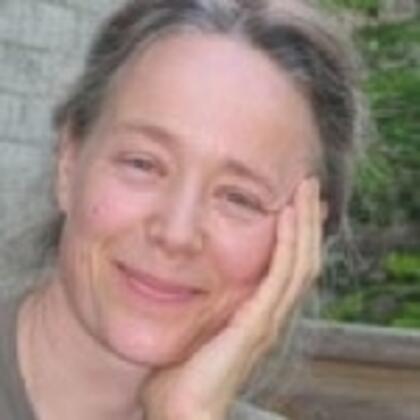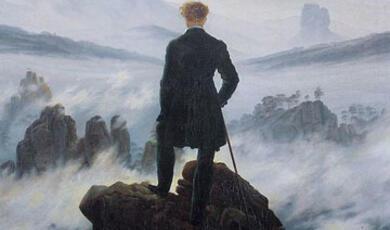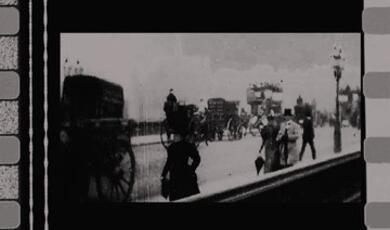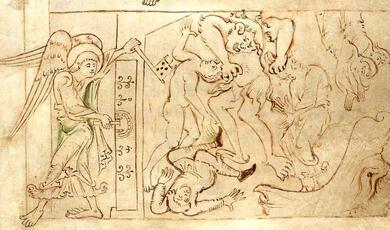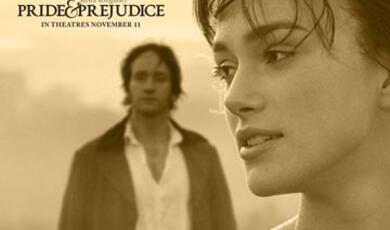Telling Stories / Telling Tales
Share
- Details
- Transcript
- Audio
- Downloads
- Extra Reading
One of the key elements in conventional literary value is the idea of the work being produced by one person, yet in North America First Nations there is no copyright on words but on the story itself. The ‘stealing of stories’ issue has arisen time and again as First Nations’ writers have objected to the use of their stories in the western media. We need to rethink the criterion of ‘original genius’ when we are building literary value.
(Thomas King, Life Lived Like a Story, Lee Maracle, Jeanette Armstrong, Emma La Rocque, Leonore Keeshig-Tobias).
Download Transcript
This event was on Thu, 19 Feb 1998
Support Gresham
Gresham College has offered an outstanding education to the public free of charge for over 400 years. Today, Gresham plays an important role in fostering a love of learning and a greater understanding of ourselves and the world around us. Your donation will help to widen our reach and to broaden our audience, allowing more people to benefit from a high-quality education from some of the brightest minds.


 Login
Login



